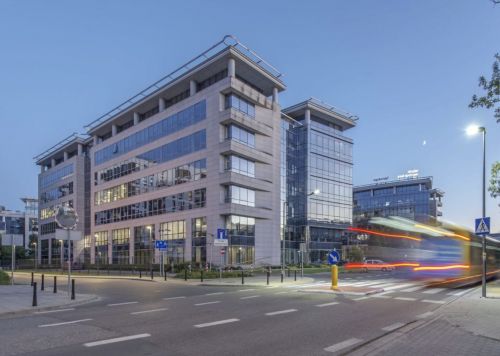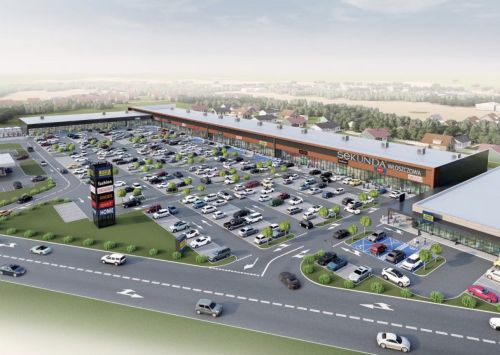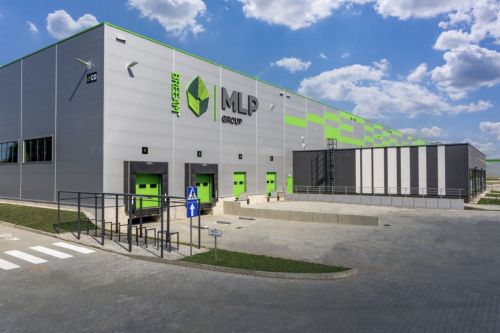According to Adam Cieślak, a property manager at Prologis, there are several periods during the year when the volume of goods that warehouse parks have to handle dramatically increases. The first such period begins in January, when restocking takes place following the Christmas season. The next is in March, when the preparations for Easter begin. The summer holiday period is also a high season. And, finally, there’s the Christmas shopping rush. The preparations for this period begin in mid-October with the stocking up of warehouses. Then the high volumes continue up until Christmas Day, as the goods are distributed to stores as well as on to the final customer. “As a percentage, volumes increase by around 20–25 pct compared to other periods,” explains Adam Cieślak.
Poczta Polska (the Polish Post) estimates that they handle 50 to 70 pct more parcels in December compared to other times of the year. In the run-up to Christmas 2020, the post office employed an ad



























































